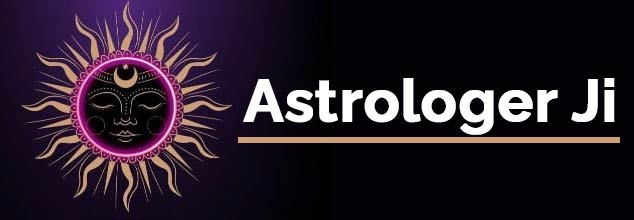The Vedic Astrology, also known as Indian Astrology or Hindu Astrology, dates back to the fifth millennium B.C.E. and underwent magnificent developments during the lifetime of Parashara Muni (circa 1500 B.C.E.) and many subsequent astrologers. Maharishi Parashara is regarded as one of the world’s first astrologers to have cast birth horoscopes for individuals. He was also well-known for successfully and ingeniously applying Indian astrology to people’s health and longevity. Since then, Indian astrology has been constantly improved and used to make life predictions, and in the 1970s it gained notable prominence in America, and eventually all over the world, as Vedic Astrology. Again, despite repeated objections and rejections from the scientific community, both ancient and modern, vedic astrology has thrived in India and abroad. This brief argument emphasises strongly that astrology (Vedic or Western) is not only not false or futile, but is always relevant.
The section below contains more information on ‘how does astrology work?’ Today’s Vedic Astrology is highly developed, and Vedic astrologers believe and emphasise that almost all life’s troubles and problems can be explained, cured, solved, or eliminated through a rich and mature knowledge of astrology. Despite the constant presence of complaints and contemptuous guffaws of scientific orthodoxy by scientists all over the world, astrologers strongly assert that astrology is factual and unmistakably true, all-revealing, applicable to everything in life, including past lives, and thus a great boon for making life hassle-free, peaceful, and successful. In general, both Vedic and Western astrologers agree that astrology empowers people by providing valuable and elusive information about their strengths, weaknesses, and specific potentials, which they can develop and use to make their respective lives peaceful, successful, and satisfyingly happy.
In addition, many Indian universities now offer courses in Vedic Astrology (JyotirVigyan) after receiving approval from the UGC, Ministry of HRD, and the Supreme Court of India, and there is a movement underway to establish a national Vedic University to teach astrology alongside tantra, mantra, and yoga.
Before explaining how astrology works, let us know some background information on astrology, its elements, and its significance. Astrology (in Indian context, Jyotisha, meaning “the shining world of light”) is the study of the movement of celestial bodies in relation to their alleged influences on human thoughts and actions, as well as the entire earthly environment.
The Birth Chart, also known as the Natal Chart, is the primary tool for making astrological predictions. In general, Vedic astrology is based on the celestial bodies of only 9 visible planets (excluding Uranus, Neptune, and Pluto), 12 Zodiac Signs, and 27 fixed Stars known as Constellations (Nakshatras). Vedic astrology is more concerned with the planets’ sidereal positions, whereas Western astrologers base their Zodiac on the Equinoxes. Thus, the calculation system and technique distinguish Vedic astrology from Western astrology.
According to Vedic Astrology, the positions of the planets and stars at the moment of a person’s birth reveal the nature and purpose of his/her life, as well as the results of his/her ‘Karmas’ (deeds) from previous lives. Every celestial body’s influence affects a person in some way throughout his or her life. After the supreme God, the celestial bodies, particularly the nine planets (collectively known as Navagraha), are regarded as the administrators of justice. The natal chart, which is a snapshot of the heavens at the time of a person’s birth, also depicts specific indicative forces rather than the deterministic forces at work in the person’s life.
Observation and analysis of a person’s birth chart by a well-known and sophisticated astrologer can reveal nearly all aspects of life related to the person, whether physical, mental, or spiritual. Thus, the day, time, and place of a person’s birth are determined by the fruits of his or her thoughts and deeds in previous lives. So astrology is true. Astrology was an important part of ancient India, and it served many purposes.

